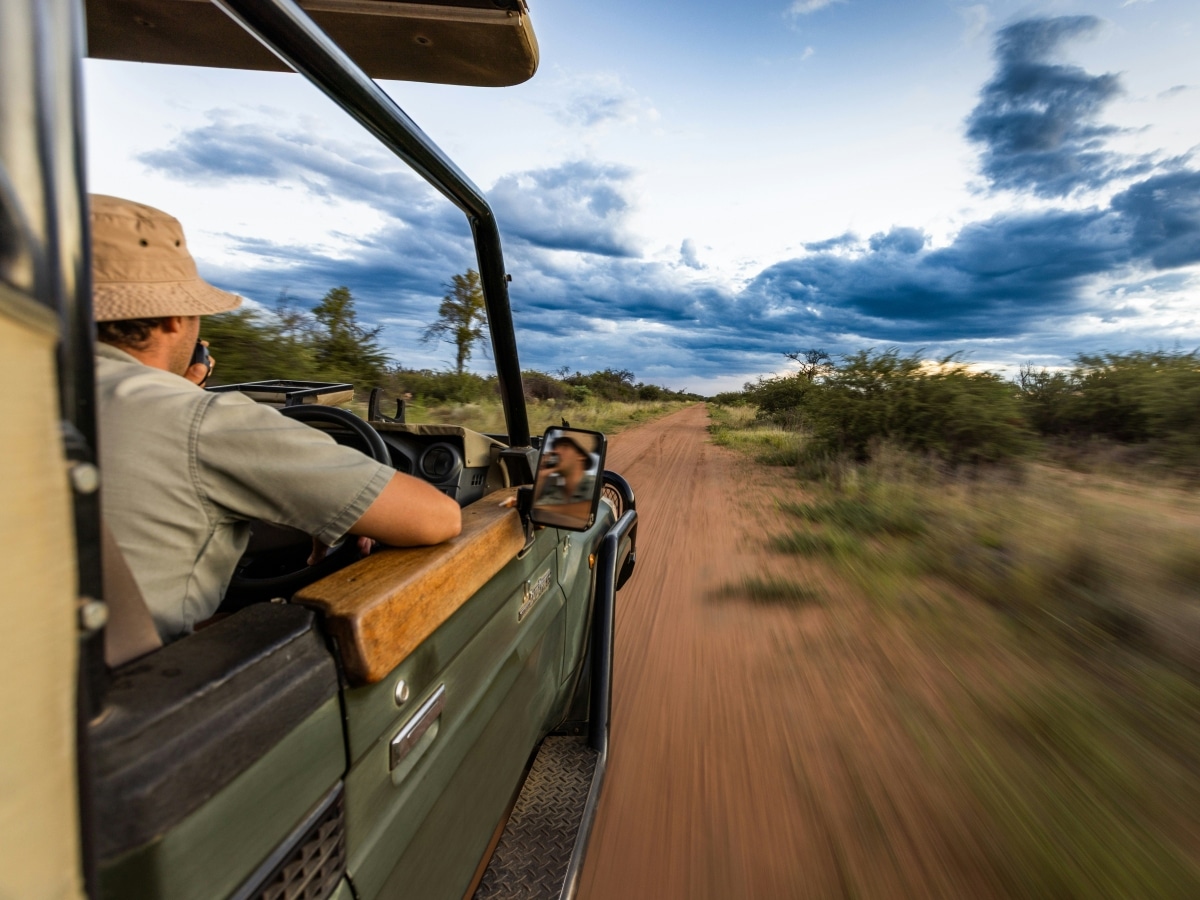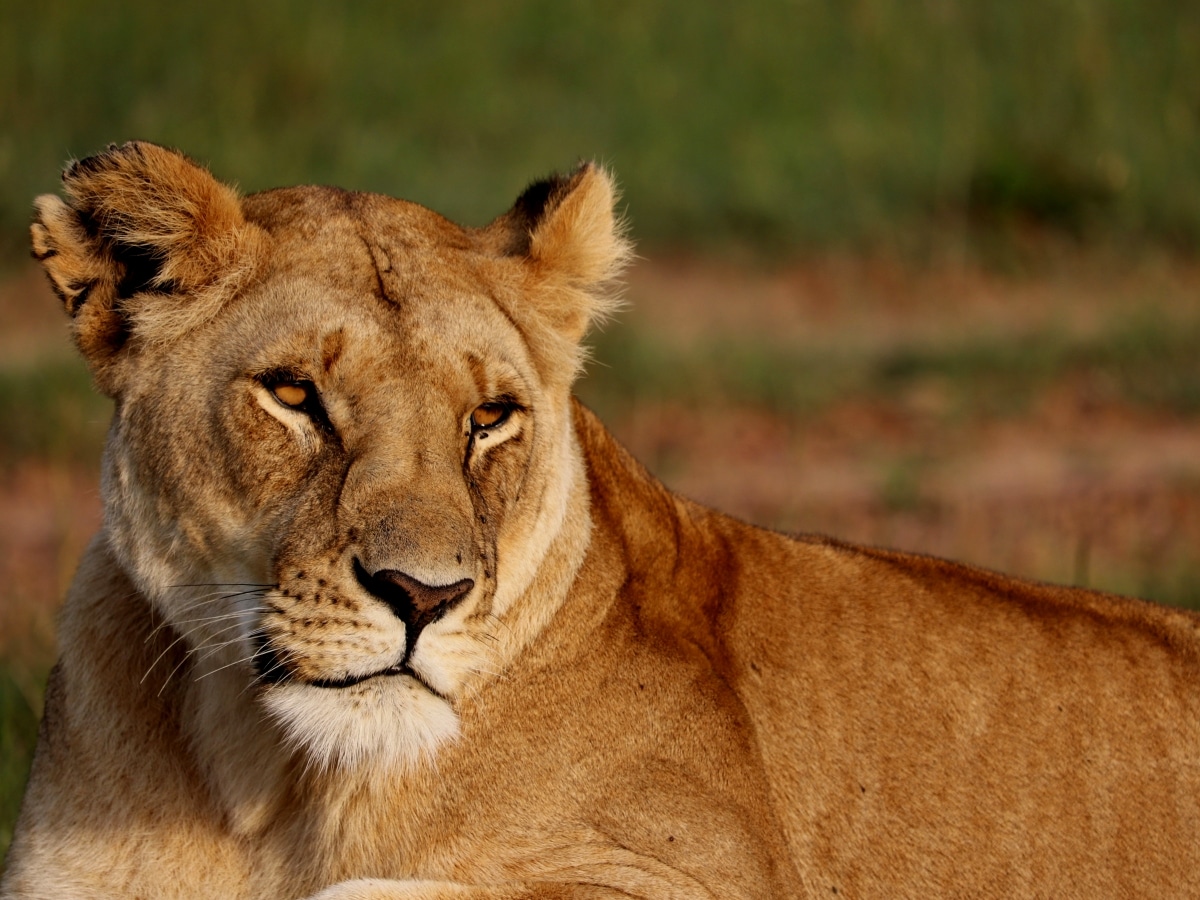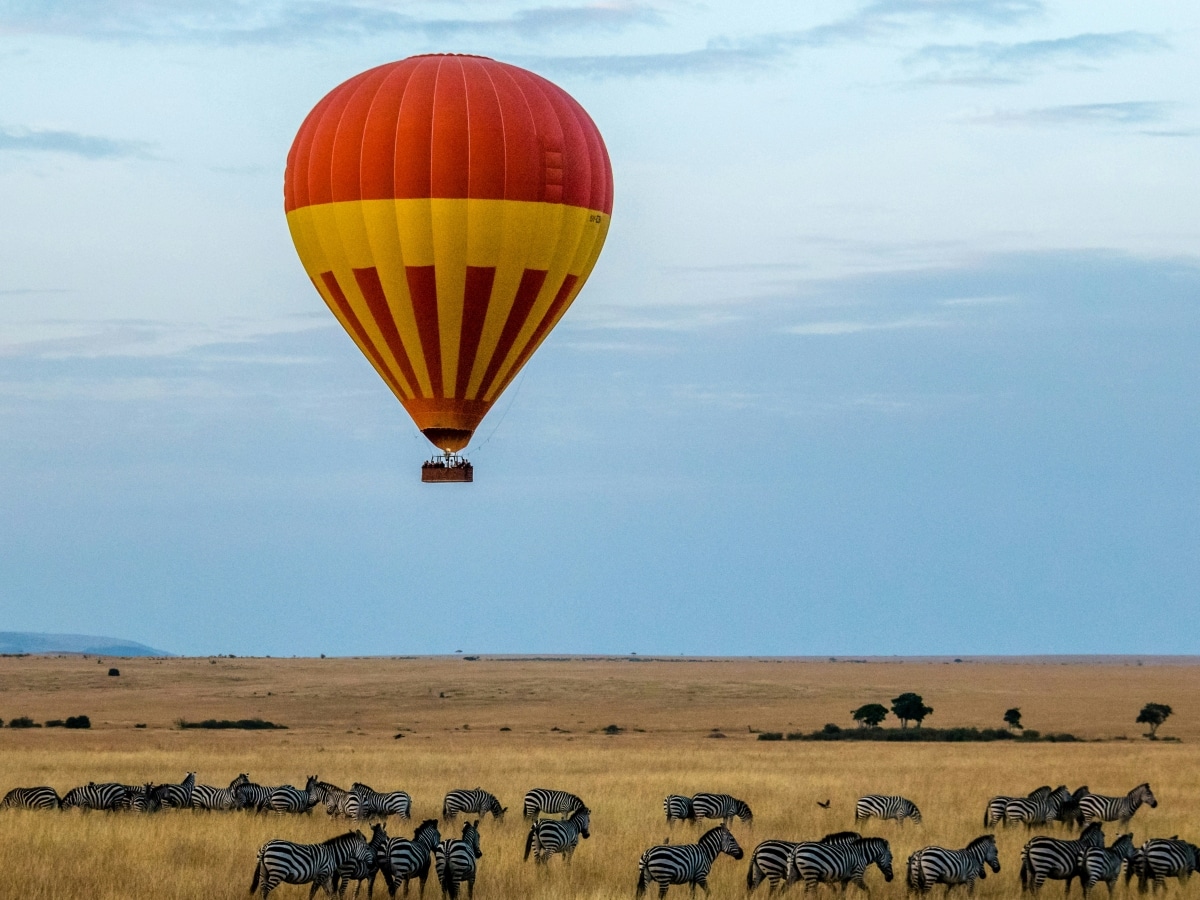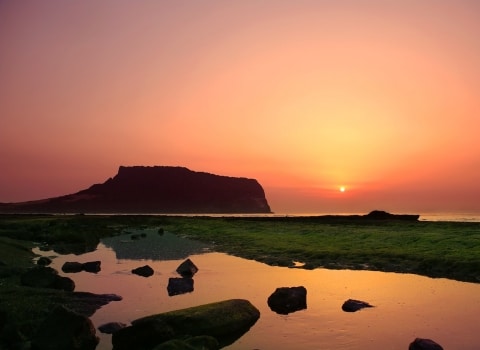Unforgettable experiences in the heart of savannah
Africa has long drawn in those looking for a quiet, unfiltered encounter with the wild. Out there, the land shifts without warning. Animals appear where you least expect them. From the open plains of Kruger National Park to the more hidden corners of private reserves, every safari leaves its mark. Not always loud—but lasting.
Still, a safari in South Africa isn’t something you stumble into. A little planning, a few thoughtful decisions, and the whole experience deepens. You don’t need to know everything beforehand. But a few signposts can make the journey easier to follow. Here are some.

Best time to go on safari in South Africa
The dry season—May through September—brings the best odds. Water becomes scarce, so animals gather in fewer places. The air cools, the grass thins, and the bush opens up. It’s not lush, but it makes spotting easier.
Summer tells a different story. From October to April, everything grows. Greener, thicker, and more alive. It’s the season when new life arrives—zebra foals, antelope calves, the first clumsy steps. Harder to see through the leaves, but there’s something intimate in that wild density.
The “best” time depends on what you’re hoping to feel. Clarity or mystery. Abundance or visibility.
Set safari duration and budget
Two days can feel like a blink. A week might feel like enough to let the noise of daily life fall away. It depends—on how much you want to see, and how slowly you want to move.
Four to seven days is often the sweet spot. Enough time to visit multiple parks. To wait quietly at a waterhole. To drive a little farther without watching the clock. But again, it depends.
Budgets vary just as widely. Kruger National Park remains one of the most affordable ways to go on safari. Public rest camps, rental cars, and the freedom to set your own pace—there’s value in that. It’s not luxurious, but it’s deeply real.
For those after a different kind of stay—private reserves like Sabi Sand or Madikwe offer something closer to stillness and ease. Comfortable lodges, expert-guided drives, meals under the stars. It comes at a price, but the quality of encounters, the nearness of the animals, often feels sharper.
If the idea of planning everything alone feels too much, organized trips are an option. Small groups, clear itineraries, less stress.
Choosing between national park and private reserve
Both have their rhythm. Both can be unforgettable. What changes is the tempo, the distance between you and the wild, the control over your day.

National parks
Places like Kruger carry a sense of scale. Wide landscapes, long drives, early mornings. You rent a car, stay in basic camps, and follow your own instincts. It’s slower, sometimes frustrating, often magical. Patience is key—so is luck.
There’s something grounding about doing it yourself. Spotting a lion without being told where to look. Brewing your own coffee before dawn. That kind of quiet freedom.
Private reserves
A different feeling altogether. Off-road routes, fewer vehicles, no crowds. The guides know the land like a memory. Often, they’re local tour guides in South Africa, and that changes things—stories, insights, small details you might miss otherwise.
Reserves like Sabi Sand or Timbavati offer closeness. Not just to animals, but to the atmosphere of the place. Some let you walk the terrain, others offer drives after dark. Lodges here aren’t just comfortable—they’re designed to disappear into the bush, to keep the wild just outside your window.
It’s not about better or worse. It’s about how you want to move through it.
Planning activities during the safari
There’s more to a safari than peering through a vehicle window. Watching wildlife is central, of course—but the experience deepens when it’s lived in different ways. Some quiet, some adrenaline-fueled. Some in silence, others with stories shared along the way.

4x4 safaris
This is how most days begin. A bumpy ride before sunrise or just as the afternoon light softens. In an open 4×4, guided by someone who knows how to read the land—the subtle signs, the distant calls. The guides don’t just drive, they interpret. Their familiarity with animal habits often makes the difference between a vague shape in the distance and a close encounter.
Walking Safaris
Walking changes everything. The scale, the pace, the way your ears perk at the sound of a branch. With an armed ranger leading the way, walking safaris take you into the bush at ground level. Tracks in the dust, fresh dung, broken shrubs—it becomes a world of signs. You learn what passed through, and how recently. Less about sightings, more about presence. The animals often stay distant, but the feeling of being on their ground lingers.
Hot Air Balloon Safaris
Then there’s the sky. In places like Pilanesberg, you can lift off before the heat comes, floating as the sun peels the shadows off the land. Herds become tiny silhouettes. The bush stretches endlessly. Up there, it’s quiet—no engines, no roads. Just the soft roar of the flame and the gentle tilt of perspective. It’s not for everyone, but for some, it becomes the moment that stays longest.
Preparing your equipment for the safari
No need for overpacking, but a few essentials can make a real difference. Mornings can bite, afternoons burn, and comfort depends on being ready for both. The key is flexibility.
- Suitable clothing: Think layers. Early drives can be chilly, but the heat arrives fast. Neutral tones—khaki, beige, brown—help you blend into the landscape. It’s not about camouflage, just keeping the focus on the wildlife, not yourself. A wide-brimmed hat, decent sunglasses, and strong sunscreen are non-negotiable.
- Binoculars: You’ll miss half the story without them. A lion might be obvious, but a lilac-breasted roller tucked into a tree? Not so much. And some animals—leopards especially—are there, but only if you’re really looking.
- A camera with zoom: You don’t need to be a professional. A decent zoom lens does the work. Even simple photos can carry the weight of a moment—dust kicking up behind a buffalo, the stare of a giraffe, or a sudden dash of movement in the grass.
- A first aid kit: Not glamorous, but smart. Bandaids, antiseptic, something for insect bites. Mosquito repellent is a must, especially in warmer months when the air hangs thicker.
Respect wildlife and the environment
The rules exist for a reason, and they’re not just formalities. Leaving the vehicle outside designated zones isn’t just dangerous—it disrupts the animals’ space. No loud voices, no music, no tossing out food, even if it seems harmless.
Every footprint, every plastic wrapper, every broken branch leaves a trace. The goal is simple: to witness, not to intrude. These ecosystems are fragile, and the privilege of entering them comes with a responsibility to leave them just as they were found—or better.





